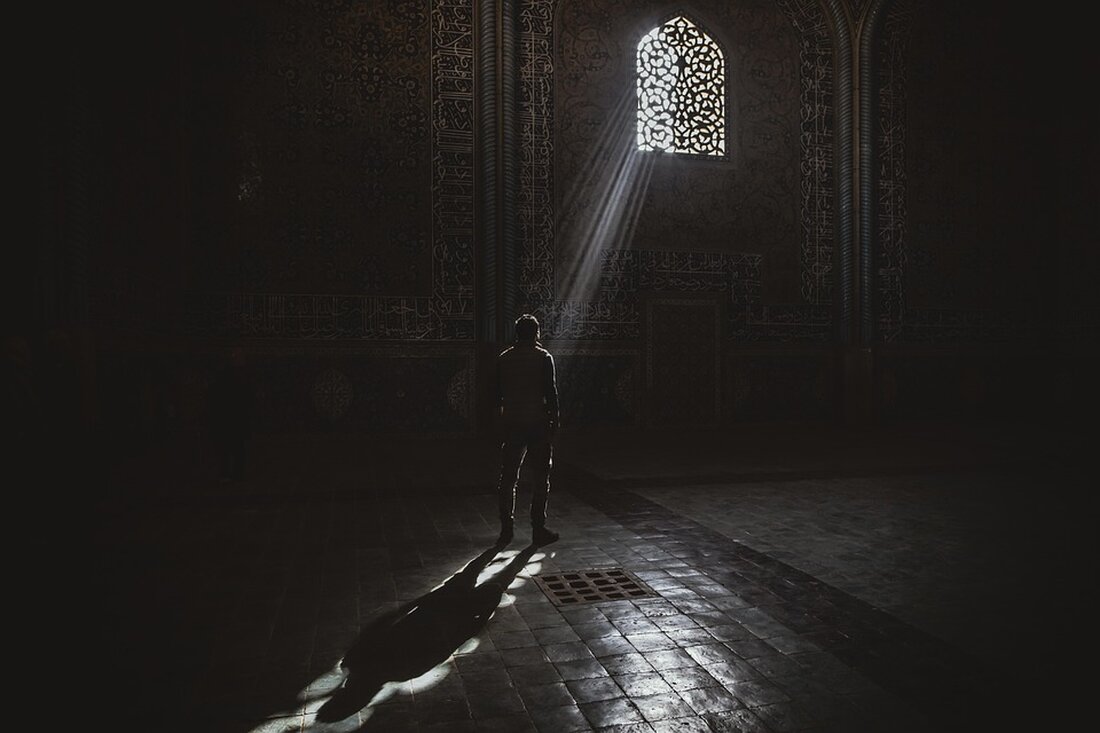Iran attacks Israel: consequences and international reactions!
Iran has fired 180 missiles at Israel, prompting international warnings against travel to the region.

Iran attacks Israel: consequences and international reactions!
On June 13, 2025, the military escalation in the Middle East reached a new dimension. Loud Polish Radio Iran fired 180 ballistic missiles at Israel. Although most of these missiles were successfully intercepted, the detonations were heard in several cities, including Tel Aviv and Jerusalem. The Israeli military said there was no longer any immediate danger after about an hour.
The offensive was interpreted as retaliation for the deaths of prominent leaders, including Ismail Haniye of Hamas, Hassan Nasrallah of Hezbollah and General Abbas Nilforushan of Iran. The Iranian Revolutionary Guards have already threatened to carry out further attacks if Israel responds to this rocket attack.
International reactions and local impacts
The Israel Defense Forces described the attack as serious and announced consequences. In response to the rocket attacks, the airspace over Israel was closed to civilian traffic, leading to the temporary suspension of operations at Ben-Gurion Airport. In the attacks, Israel counted two people slightly injured in Tel Aviv and one dead Palestinian in Jericho.
US President Joe Biden declared the US readiness to support Israel and protect American personnel in the region. Secretary of State Antony Blinken called the Iranian attack “absolutely unacceptable” and called for international condemnation of the action. German Foreign Minister Annalena Baerbock and French Prime Minister Michel Barnier also expressed concern about the threat of escalation in the region.
Escalation of violence in Lebanon
British Prime Minister Keir Starmer strongly condemned the Iranian actions and called for de-escalation. There were reports of gunfire in Beirut's suburbs, while Hamas praised the rocket attack as "heroic." This represents Iran's second direct attack on Israel. The first attack occurred in April and involved hundreds of missiles and drones.
In addition, since the beginning of the conflict in the Gaza Strip, the Israeli armed forces have intensified their operations against Hezbollah in the north. Israel reported the destruction of much of Hezbollah's military capacity, including the elimination of top commanders. In this context, Israeli forces launched a limited ground offensive in southern Lebanon to neutralize the threat from Hezbollah.
The current situation shows the fragility of peace and the possibility of additional conflict, while international actors are concerned about developments. For more information on the escalation and international response, please visit Mirror Online.

 Suche
Suche
 Mein Konto
Mein Konto